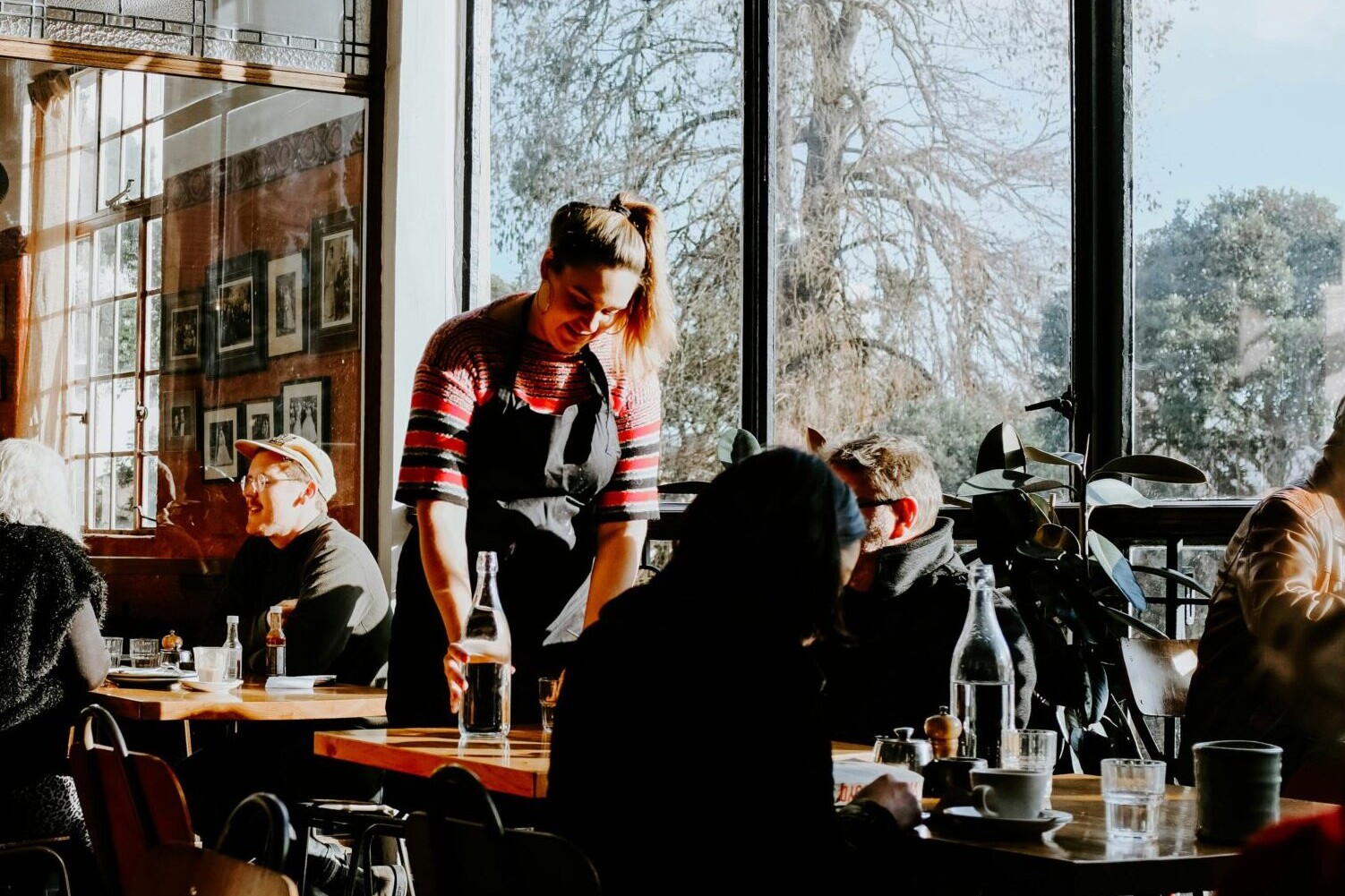By Matthew Mendelsohn and Jon Shell | Part of our Special Series: Always Canada. Never 51. | This post first appeared in the Toronto Star
Prime Minister Mark Carney went to the White House last week to meet U.S. President Donald Trump. It was his first real test, and just about everyone agreed that he had passed. Carney was smart, funny and very Canadian, and he even seemed to disarm the president.
Now he faces a very different kind of test.
Sunoco, the energy giant based in Dallas and chaired by Trump ally Ray Washburne, is pushing to take over Alberta-based Parkland Corporation. The deal would bring together U.S. infrastructure and Canadian retail and refining assets to create the largest independent fuel distributor in the Americas — and it would be owned by an American company.
At this inflection point in Canadian history, where years of globalization and continental integration have come to an end, our “elbows up” approach is now coming face-to-face with real-world policy choices.
A transaction like the Sunoco deal would once have been a no-brainer: there’s a buyer offering a good price for a Canadian company, and if the board and shareholders approve, there should be no reason for the government to obstruct the deal. The market will produce value and the right outcomes.
But Canadians now have to decide how to navigate a new world, and we must ask ourselves whether we’ve learned the lessons of recent history.
Decades ago, Canada lost its mining leaders when Inco, Falconbridge and Alcan were bought by foreign giants. Now, instead of owning the world’s foremost mining companies and generating wealth in Canada, Canadians are working for foreign entities. This story has been well told.
Despite short-term benefits for shareholders, we know now that these deals robbed Canadians of their ability to build global firms. We also know that the era of taking free trade for granted is over — and that state power in the U.S. and elsewhere is being used more aggressively to protect national sovereignty.
It would be bad for Canadians to have an economy owned by others. It would be bad for Canadians to have merely a “branch plant” economy, one that doesn’t own or control its natural-resource companies.
We predicted earlier this year that American investors would soon look to buy up Canadian businesses and other assets, and we argued that it would threaten our national security and economic sovereignty. And here we are. Do we want to be owned by American billionaires, to work for them and have our wealth stripped away to pad bank accounts in New York and Dallas?
It’s hard to say no to predators, and doing so comes with risk. But we need to start saying no anyway. As the prime minister has said, Trump wants to weaken us in order to own us. Invasion is the least likely way for him to achieve that aim — it’s much easier to buy up Canadian assets.
In March, the government introduced changes to the Investment Canada Act to strengthen its ability to review foreign takeovers. Everything about our history tells us that the Sunoco deal is exactly the kind of foreign investment that would threaten Canada’s long-term economic competitiveness.
As the transaction awaits Canadian regulatory review, we must follow through on Minister of Innovation, Science and Industry François-Philippe Champagne’s commitment to “take action on transactions that could harm Canada’s national and economic security … and bring the foreign investment review regime in line with today’s reality.”
The government should kill the Sunoco deal through its review under the ICA. True, some shareholders would be deprived of a bump to their portfolios. But we are in the midst of an economic war, and we cannot further cede control of our infrastructure or accept more high-value talent leaving Canada for the United States.
In the Oval Office last week, the prime minister described Canadians to the president as the “owners of Canada” and said the country would never (never, never, never) be for sale. If we really want it to remain ours, then we need to think and act like it.
We have the tools. Now let’s deploy them to protect our sovereignty.
Share with a friend
Related reading
Elbows up: A practical program for Canadian sovereignty | Report
Canada can’t become a sovereign country by doing the same old things, explains a new compendium of essays co-sponsored by the CCPA, the Centre for Future Work and several national civil society organizations. Elbows Up: A Practical Program for Canadian Sovereignty is a response to corporate rallying cries responding to Donald Trump with a familiar playbook: deregulation, austerity, tax cuts and fossil fuel expansion. The collection includes contributions from 20 progressive economists and policy experts, including SCP CEO Matthew Mendelsohn and others who participated in the Elbows Up Economic Summit held in September 2025 in Ottawa.
Pipelines and algorithms aren’t going to save us | The Hill Times
Smart investments in natural resources and AI alone will not get us through this moment of geopolitical rupture. As Matthew Mendelsohn writes in an op-ed for The Hill Times, SMEs contribute just over half of Canada’s GDP and employ 64 per cent of our people. We have to make more low-cost capital available to the smaller businesses, locally owned enterprises, not-for-profits and social enterprises who crucially employ and reinvest locally, act as important local economic infrastructure and provide services that are crucial for well-being. They are automatic stabilizers in the face of tariff threats outside our control.
What’s wrong with mainstream economics?
Mainstream, or “neoclassical,” economics still dominates how we teach, study and understand our economy, even though much of it doesn’t match reality. In this piece, economists Louis-Philippe Rochon and Guillaume Vallet explain why outdated economic ideas persist and how they can lead to harmful policies. They challenge five common myths about inflation, growth and inequality, showing that today’s economy is driven more by power and institutions than by perfect markets. As "heterodox" economists, they argue it's time for a new kind of economics that reflects how the real world actually works.


